
We all tell ourselves comforting stories to get through the day. However, deep down, we know the world runs on harder truths. They’re the quiet thoughts we avoid, the realities we sidestep to stay comfortable. Yet facing them can be strangely freeing, even empowering. Ready to confront what everyone knows but few admit? Check out the truths we rarely dare to face.
Honesty Feels Risky
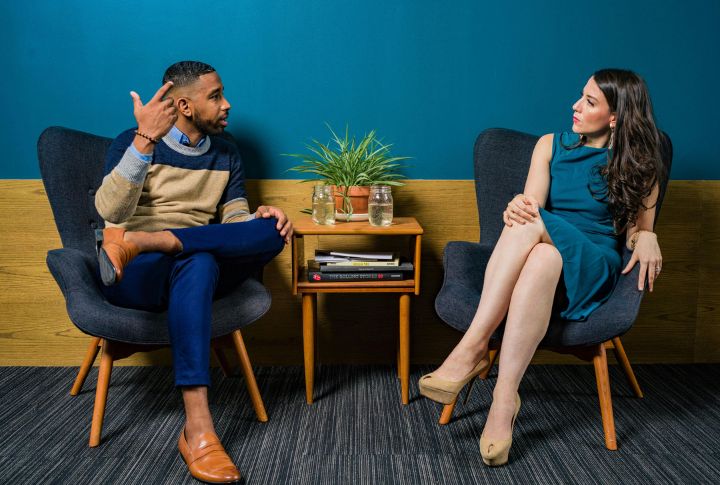
Most people would rather keep things pleasant than risk tension by telling the truth. It’s easier to nod along or stay quiet than say something that might offend. This instinct for approval runs deep, and social media only makes honesty feel riskier.
You’ll Be Forgotten Sooner Than You Think
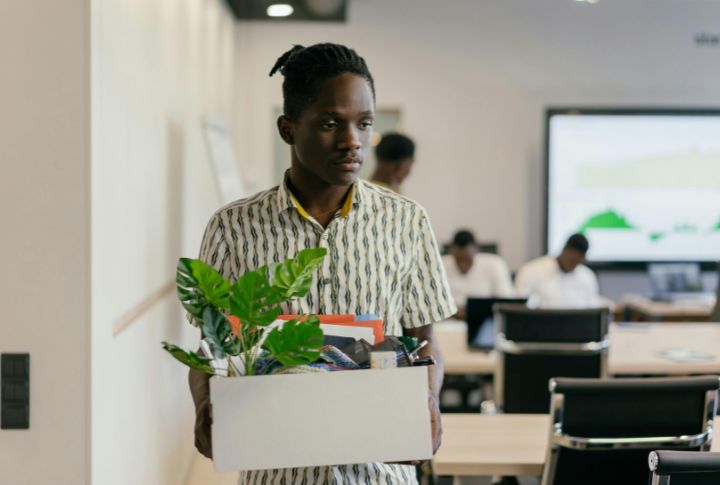
The moments that feel huge to you might barely register for others. When someone leaves a job or social circle, their absence fades fast. People don’t mean to forget, though. It’s just that everyone’s busy starring in their own story, not yours.
We Excuse Ourselves But Judge Others

Human perception is rarely even-handed. We judge others by what they do, yet excuse ourselves based on why we did it. This psychological double standard, known as the actor-observer bias, helps protect self-esteem but quietly distorts fairness in everyday interactions.
Privilege Often Outweighs Hard Work

You can grind for years and still watch someone else rise faster, because they started on higher ground. Family ties or even the right zip code can tilt the odds. The myth of pure meritocracy feels good to believe, yet it’s just that: a myth.
Most Friendships Are Pure Convenience
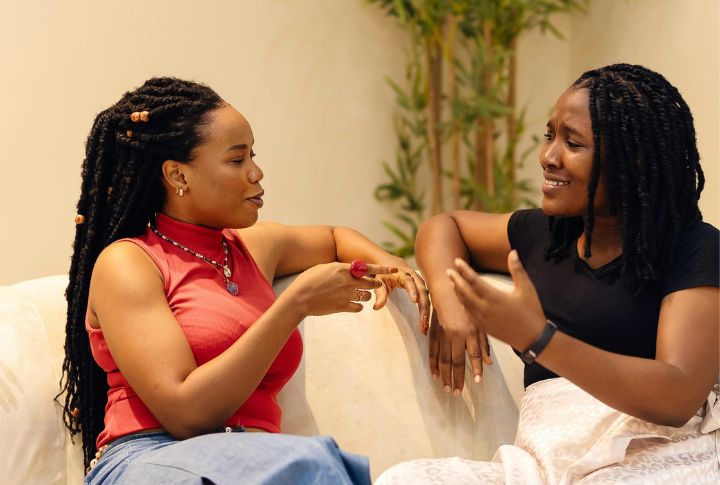
Think of the coworkers you swore you’d keep in touch with or the gym friends who vanished once schedules changed. Although those ties felt genuine, they depended on proximity. Once the setting shifted, the friendship quietly vanished, no drama required.
Validation Matters More Than Truth

Deep down, most people crave reassurance over reality checks. Compliments feel good; criticism stings, even when it’s useful. That’s why likes and kind comments dominate our online lives, as they keep egos safe while keeping honesty far out of reach.
Love Alone Isn’t Always Healthy

Two people can care for each other deeply and still bring out the worst in one another. Love feels pure in the moment, yet without limits, it can trap both sides in cycles of hurt. Sometimes passion burns too hot to last.
Everyone Stereotypes, Even You

Even the most open-minded person makes snap judgments. It’s automatic: your brain files people into neat categories to save time. You might think you’re just being fair, but those mental shortcuts shape how you see and treat others every day.
Your Job Will Move On Without You

No matter how important you feel at work, the system’s built to adapt. Once you resign, the gears start turning again, and someone new slides right in. It’s a humbling reminder that every company values continuity more than individual devotion.
We Waste Time On What Doesn’t Matter

You promise yourself just five more minutes, then there goes another hour. It’s not that you’re lazy; your brain’s wired for quick rewards. Though those tiny dopamine hits from scrolling or streaming feel good now, they quietly steal the time that could’ve meant something later.
Feelings Matter More Than Facts
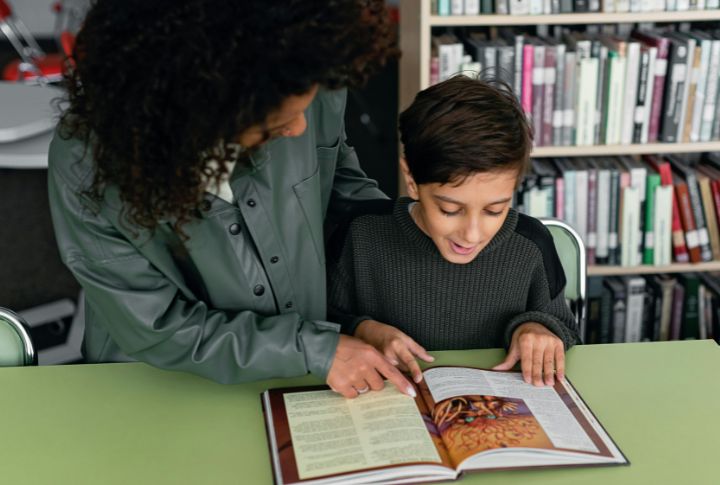
Think back to your favorite teacher or mentor; of course, it wasn’t the one with the longest resume but the one who cared. Science backs that up: people respond more deeply to empathy than to expertise, which proves warmth teaches faster than wisdom alone.
You’re Not As Self-Aware As You Think

While almost everyone believes they know themselves, most are wrong. True self-awareness is rare, since only a small fraction of people genuinely have it. Meanwhile, our blind spots thrive in plain sight, quietly shaping behavior that others notice long before we do.
Apologies Often Serve The Guilty, Not The Hurt
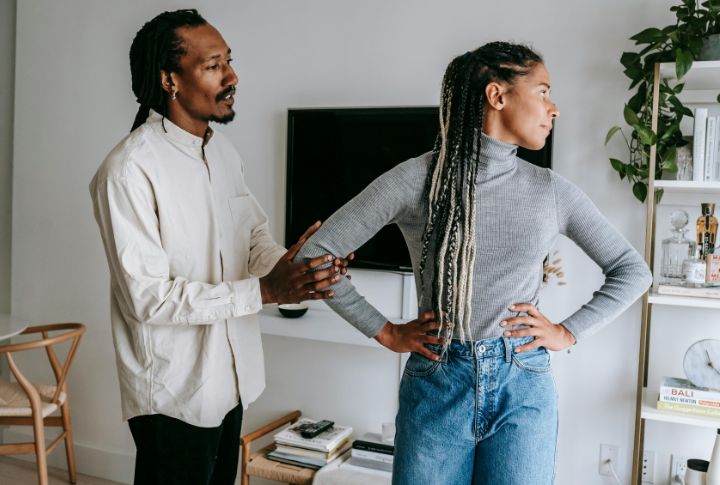
A lot of “I’m sorrys” aren’t about healing. Frankly, they’re about guilt relief. People say the words to ease their conscience rather than to repair the damage. Real amends start when you stop centering your feelings and start addressing the harm you caused.
Admiration Often Masks Envy

That little sting you feel when someone succeeds? It’s envy disguised as admiration. You might genuinely cheer for them, while part of you still compares. It’s human nature to praise on the surface, with tension underneath. That’s why inspiration and insecurity tend to share the same space.
You’ve Hurt People Without Knowing It

Maybe you joked without thinking or forgot to respond. It felt harmless at the time. Yet for someone else, that small moment stayed heavy. People sometimes carry quiet hurt without showing it, and your best intentions can’t undo what they felt.
We Romanticize The Past Unfairly

The “good old days” weren’t as golden as nostalgia makes them. Memory edits out the hard parts and polishes the rest. Every era had its struggles, but looking back through rose-colored glasses helps people cope with what feels uncertain now.
Entertainment Wins Over Education
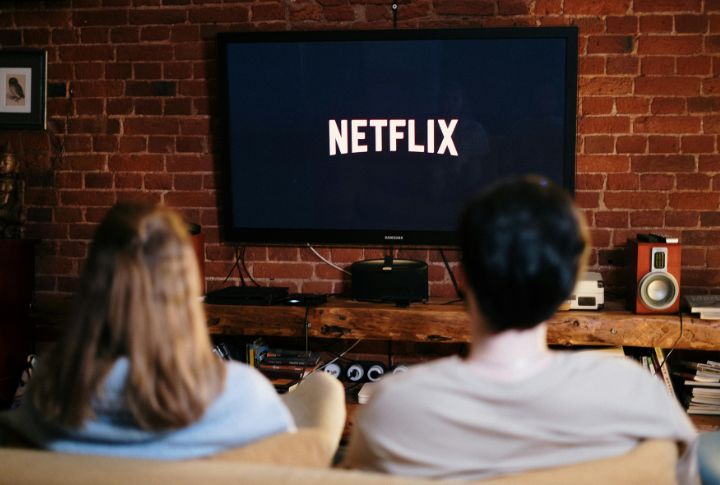
When faced with learning or laughing, fun usually wins. The mind craves easy dopamine hits, and entertainment delivers them fast. It’s why binge-watching feels effortless while personal growth feels like work. Well, the trade-off is a few cheap thrills instead of lasting fulfillment.
Adults Feel Peer Pressure Too

Peer pressure doesn’t fade with age. More precisely, it just changes form. Instead of high school trends, it’s office culture, social expectations, and unspoken comparisons. Adults still conform, just in subtler ways, blending in to stay accepted instead of standing out to be authentic.
Kindness Can Still Uphold Injustice

Being nice doesn’t always mean doing good. You can smile, donate, or avoid conflict and still support unfair systems without realizing it. Real kindness sometimes looks uncomfortable. It questions norms and risks disapproval in the name of doing what’s right.
Comfort Often Blocks True Happiness

Comfort feels safe, but it can quietly trap you. The longer you stay in routines that protect you from risk, the further you drift from growth. Real happiness always hides behind discomfort, which is the kind that challenges you to change and learn.

